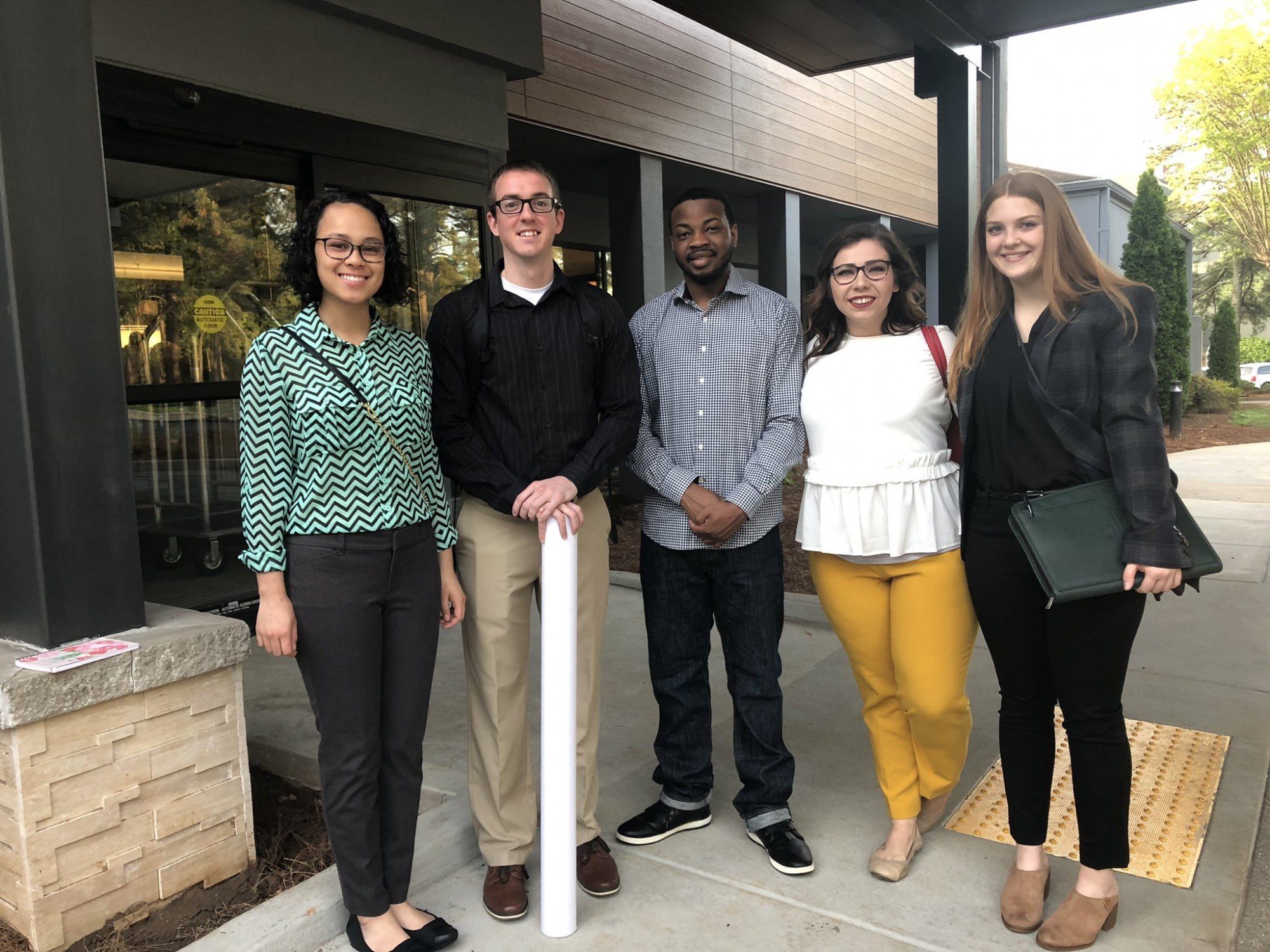OUR Research Scholar Positions

OUR Research Scholar Positions
Research opportunities on campus are structured experiences allowing students to work with and learn from faculty. Students are not required to already have a project ready or a faculty member to work with. The Scholar will be gaining hands-on, one-on-one experience with faculty mentors on UNC Charlotte’s campus. See “Application Process” to learn more about this.
The Office of Undergraduate Research funds multiple PAID research positions for undergraduate students. During the academic year, full-time Scholars can earn up to $2000 per semester and part-time Scholars can earn up to $1000 per semester.
| Position | Hours | Semester |
|---|---|---|
| OUR Research Scholar* | Work up to 160 hours per semester | Fall & Spring Semesters |
| OUR Summer Scholars | Full-Time: 40hrs/week** Part-Time: 20hrs/week | Summer Semesters |
** See OUR Summer Scholars page for more information on Full Time Eligibility
OUR Program: Important Dates
| Summer 25 | Fall 25 | Spring 25 | |
| Applications Open | January 21st | March 17th | September 23 |
| Applications Due | February 20th | April 3rd | October 22 |
| Program Dates | May 19th-July 25th | August 11-November 26 | January 13-May 2 |
| Mentee/Mentor Agreement Due | May 28th* | August 26 | January 22 |
| Abstracts Due | July 1st* | TBD | March 13 |
| Posters & Videos Due | July 21st* | TBD | April 3 |
| Research Presentation | Summer Symposium July 25th* | Honors Symposium November 21 | Undergraduate Research Conference April 17 |
| Pay Period Approval Dates | May 19th-July 26th | August 11-November 26 | January 13-May 2 |
OUR Research Scholars are expected to:
- Demonstrate interest in research, problem-solving, and agile thinking
- Display strong communication skills (written and oral); interpersonal skills are necessary in order to work with the Faculty mentor and team
- Maintain excellent professionalism; required attendance, well organized, attention to detail, ability to work with minimal supervision
- Report any needs or concerns regarding the project and/or mentor as soon as they develop to OUR. For example, if you are not receiving sufficient help from your faculty mentor, please let Dr. Sarah Powell, OUR Associate Director, know as soon as possible
- Complete OUR Research Scholar Program evaluation, which will be emailed to all scholars at the conclusion of the program
OUR Research Scholars are required to:
- Attend all OUR Professional Development workshops. Excused absences must be approved by Dr. Sarah Powell, Associate Director, at least 48 hrs prior
- Write an abstract based on your research project
- Create research poster
- Present poster at the end of the semester:
- Fall: Honors Research Symposium
- Spring: Undergraduate Research Conference
- Summer: Summer Research Symposium
Program Admission Requirements
- Currently enrolled Charlotte undergraduates
- Students must have good academic standing
Additional Summer Requirements
- Students applying for full-time positions must be enrolled as an undergraduate for the upcoming fall semester, and cannot graduate before December of the same year, in order to be eligible to participate.
- Students applying for only part-time positions and enrolled in a summer class who do not graduate before August are eligible to participate.
- Full-time participants cannot enroll in summer classes or have additional employment while simultaneously participating in the program. However, part-time participants may attend summer classes during the program.